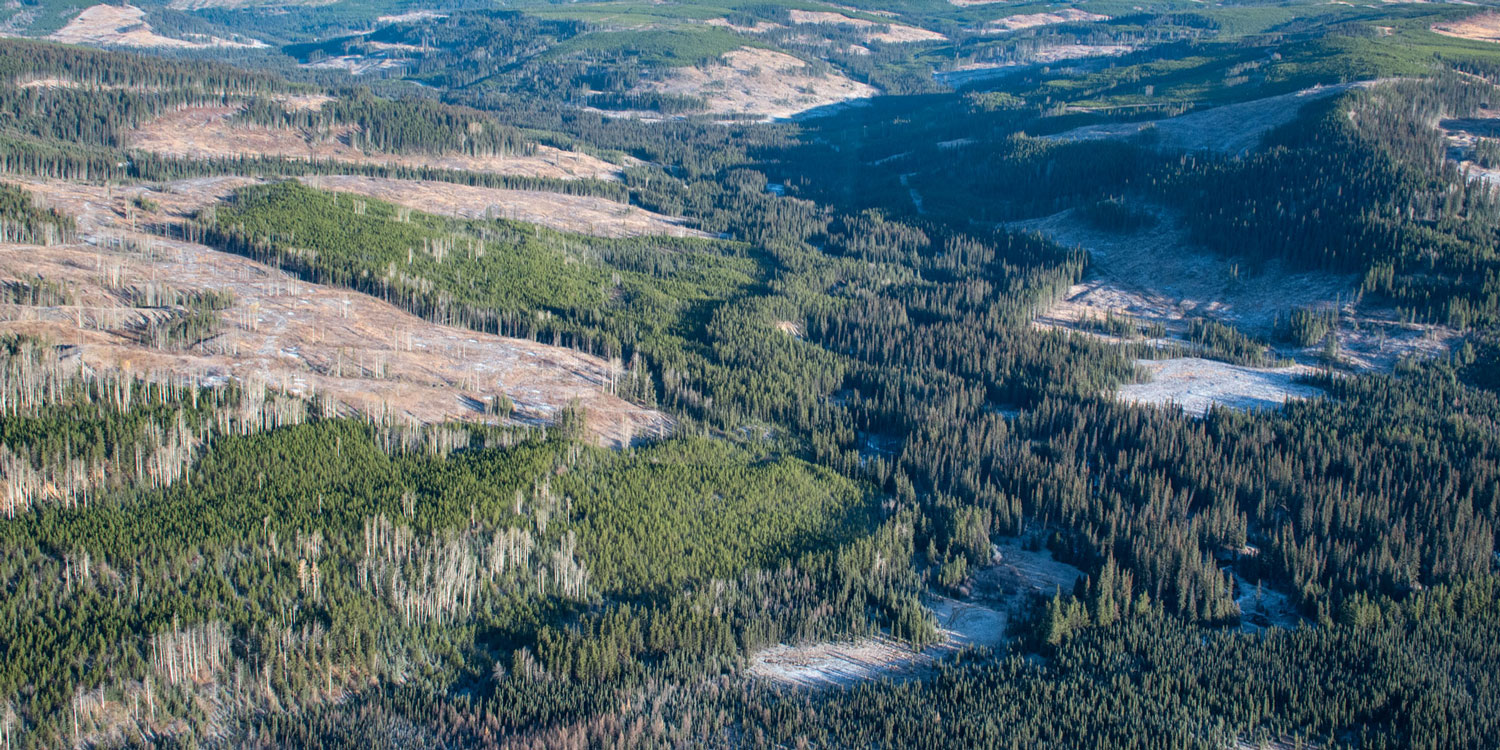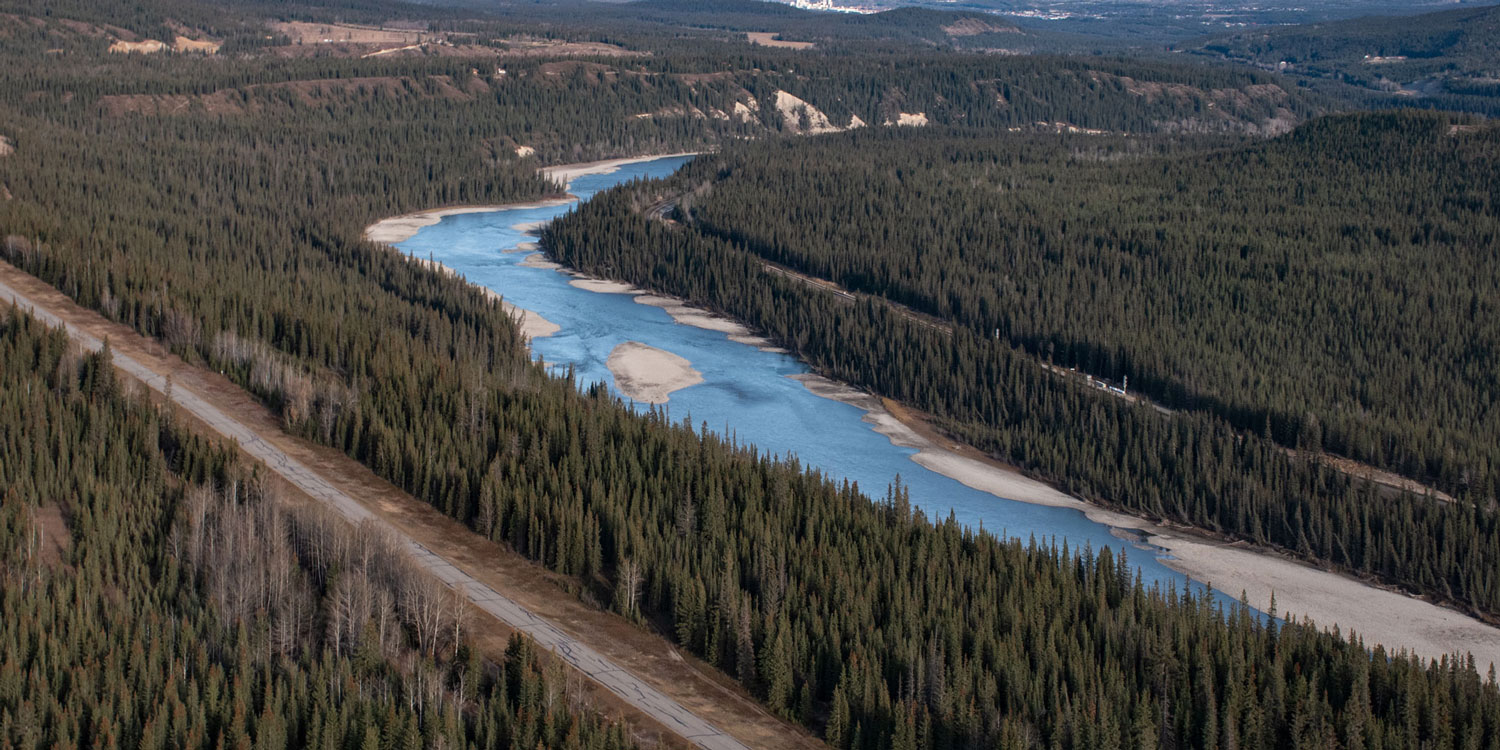
Lost Creek Fire
Reducing the risk to human settlements from wildland fire has gained increased attention in recent years and is of interest to fire management agencies across the country. fRI Research funded two studies to examine some of the human dimensions associated with mitigating the risk from wildland fire.
The Lost Creek Fire of 2003 burned 22,000 hectares in southern Alberta, affected several communities and caused the evacuation of about 2,000 residents. In cooperation with the Social Sciences Program, one of our studies examined how residents’ and community leaders’ experience with the fire affected their perceptions of wildfire risk, knowledge, and willingness to engage in risk reduction activities such as those recommended by FireSmart®. The study showed that the adoption of risk reduction activities is based on a complex suite of factors including knowledge of risk reduction activities; perception of wildfire risk (partly due to the home’s proximity to forested and recently burned areas); willingness to accept risks; alignment of activities with homeowners values/needs (privacy, wildlife, aesthetics, healthy forests); and personal constraints (such as time, money, access to water).
Several management and policy implications were identified that focus on public education, tailoring residential risk reduction activities to homeowner values, providing financial incentives for participation, and community-level mitigation strategies. However, it appears that some residents were willing to accept the risks associated with living in the wildland-urban interface, and were not willing to adopt all recommended risk reduction measures, even though they acknowledged the risk and knew how to implement the risk reductions factors.









